Nairobi is revered by many as the capital of East African nightlife. Like any other bustling city, partying in these ends equates to the centering of joy as a necessary timeout from the constraints of societal pressures.
Every Furahi-day evening signals the possibility of enjoyment. As the sun sets, the air looms heavy with anticipation and the city’s underbelly bubbles above the surface. Matatus rouse the streets with loud music. Vendors flock the town and entice you from every corner. Everybody wants to escape the chaos of Nairoberry and kula sherehe.
But where can queer folks go?
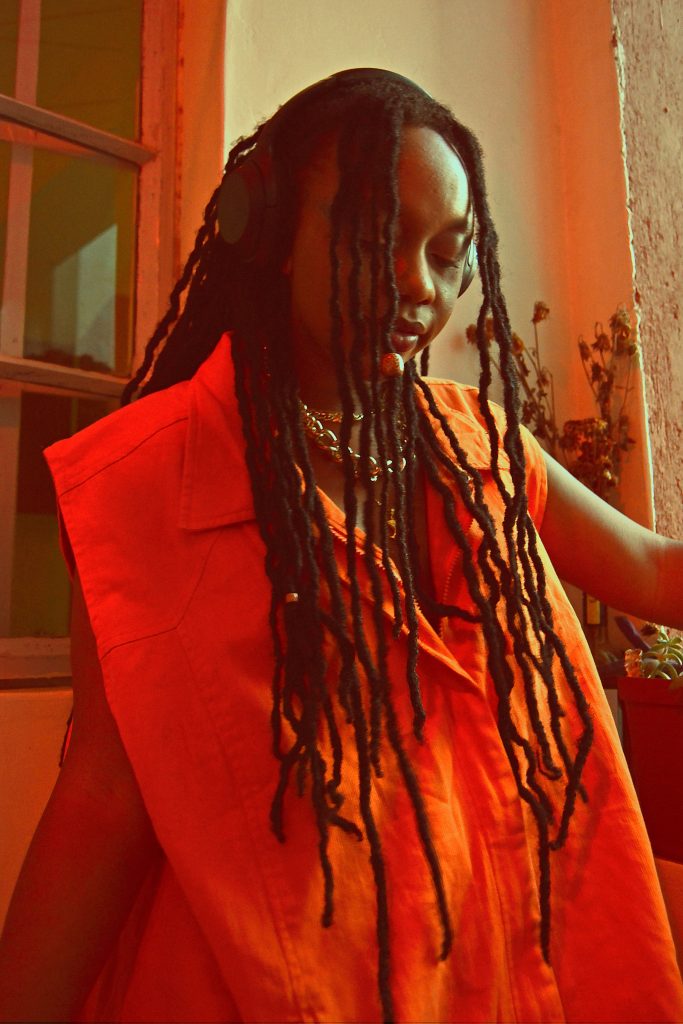
Photography by Phoebe Apondi
Though the nightlife continues to shimmer at a distance by dazzling the average onlooker, closer inspection reveals that the Nairobi scene is characterised by exclusion. Erica (she/he/they) is the Nairobi-based queer organiser and founder of Metamour, a queer organisation based in Nairobi. A recent altercation they experienced with their girlfriend at a popular club reminds us why a night out for many queer Kenyans is met with harassment. On the incident, they explain:
We were kissing until we noticed this man visibly ogling at us. He held out some cash in his hand and told us that he’d pay us if we were willing to make out for him. It’s very upsetting because you want to go out and have a good time but end up being subjected to queerphobia.
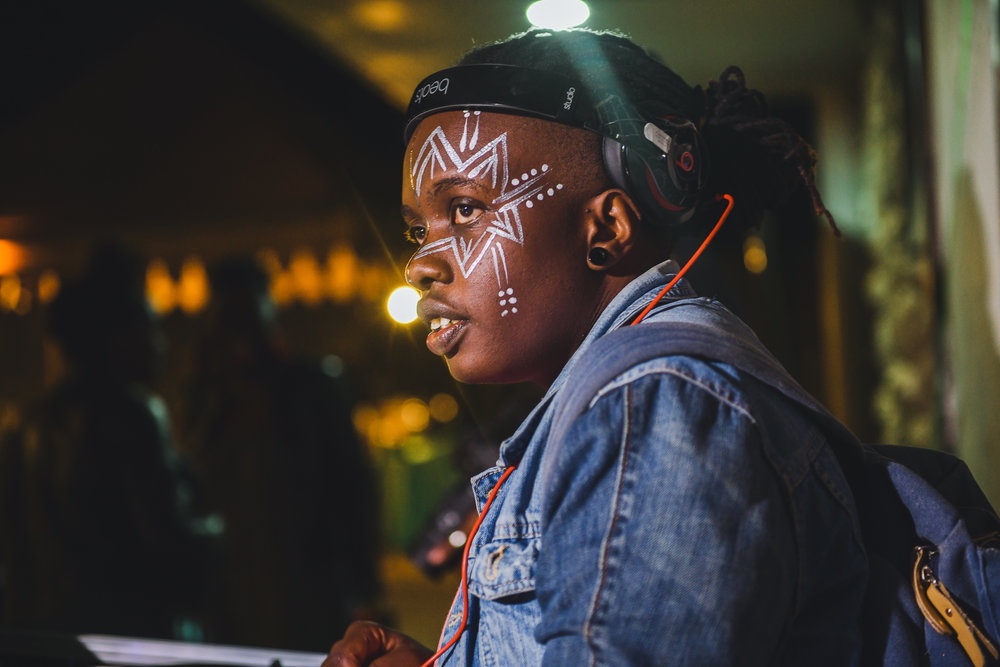
Photography sourced from Strictly Silk
The celebration and expression of Kenyan queerness continues to be eclipsed by criminalisation. Article 165 of the Kenyan Penal Code states that anyone who engages in “carnal knowledge of any person against the order of nature” will be subject to a maximum sentence of 14 years in prison. Furthermore, the Constitution of Kenya does not include queer couples in the definition of marriage as marriage is defined as a union between two people of opposite genders.
While Kenya’s constitution claims to guarantee the freedom from discrimination and freedom of expression of all citizens, recent bannings of queer Kenyan films point to Kenyan courts’ arbitrary bias. Four months ago, the Kenyan Film Classification Board banned I Am Samuel, a documentary about a queer Kenyan man struggling with his sexuality.
The statement issued by KFCB justified the banning of the film on the grounds that the board the film is “a clear and deliberate attempt by the producer to promote same-sex marriage as an acceptable way of life”. The banning of queer Kenyan films is not isolated.
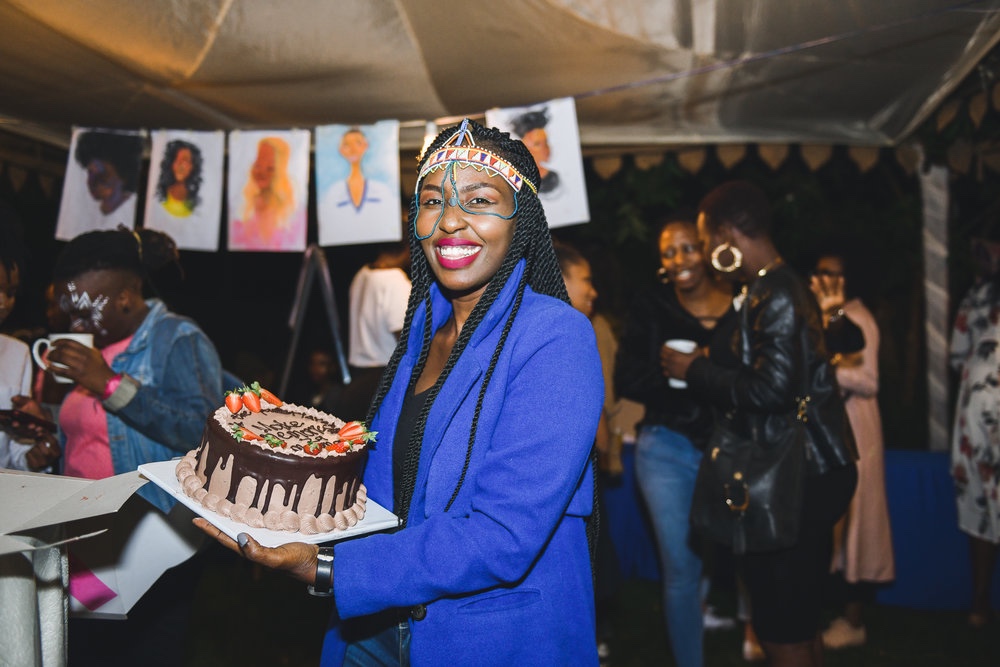
Photography sourced from Strictly Silk
This follows a precedent of queer-specific censorship evidenced by KFCB’s decision to ban acclaimed Kenyan film Rafiki in 2018 which follows a coming-of-age story between two women. While the law may not directly criminalise queer existence, the climate of queer censorship within the arts and cultural industries is a direct consequence of homophobic, colonial laws.
This suppression is what inspired Erica to form Metamour, one of the Kenyan queer community’s leading cultural drivers. Metamour, a term recently popularised by polymarous circles, is a word synonymous with community. It’s literal translation means your lover’s lover. “I started planning queer events in response to the lack of safe spaces and opportunities for people in my community to just be. A metamour event is somewhere you can send your loved one and know they’ll be cared for”.
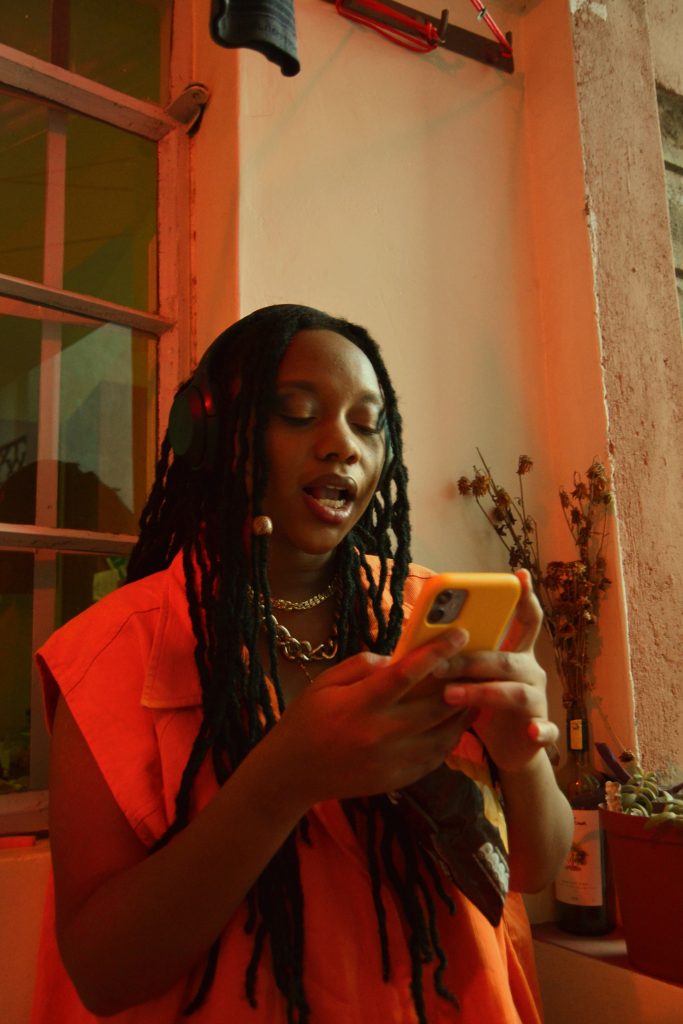
Photography by Phoebe Apondi

Photography sourced from Strictly Silk
It all began on a fateful day in June of 2021. “It was pride month so I decided to throw a queer house party. I was really going through it at the time so quite frankly, I didn’t want any straight people there.” The party was dually inspired by the vibrancy of pride month and the visual aesthetics of Euphoria, birthing a thematic crossover known as “Queerphoria”.
Each room in the house was endowed with a unique vibe. At the living room area, attendees were mixing cocktails and doing each other’s makeup. In another corner was a carefully curated Frank Ocean Room for people to mellow out in case they felt overwhelmed. The lights were dimmed and a projector played Frank Ocean music videos for the entirety of the evening. One of their frequent attendees is KIM, a Kenyan model and creative.
KIM refers to Metamour as their extended home. “Metamour’s priority is affordability so their events are always inclusive. Their tickets are as cheap as $4. They go the extra mile by factoring free transportation to those who may have the means to attend events”. Such positive reviews inspired Erica to keep curating events so that nights like Queerphoria could become the norm instead of the exception.
The organisers of Strictly Silk, a popular all women dance party and multimedia community share Erica’s sentiments. Strictly Silk is an organ of the Nest Collective, a multi-award winning multidisciplinary collective living and working in Nairobi. The Nest Collective started Strictly Silk in 2018 as part of a larger music project.
At the time, they just released an album and recruited new DJs. They were inspired to start curating events by envisioning the types of gigs they would love to perform at Njeri Gitungo and Akati Khasiani created Strictly Silk to pave way for transformative spaces for non-binary folk, cis and trans women that are focused on joy and safety. The entire event is managed, entertained and attended only by members of these communities.
Njeri shares, “We’re appreciative of how the events and performance space can be a site of rampant disrespect for women and queer folk. Thus, we endeavoured to create a working environment that offered dignity and respect to the folk we work with.”
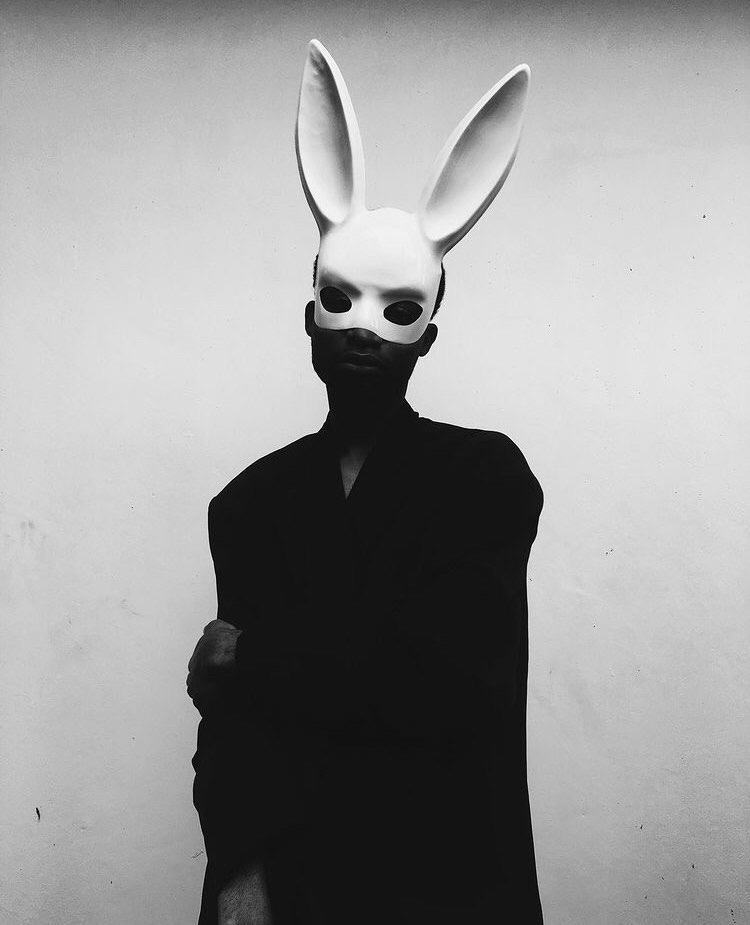
Photography by Njeri Wahome
Since Strictly Silk’s inception in 2018, the co-producers have produced four editions and curated events as far as in Amsterdam.
In the face of the, I Am Samuel and Rafiki film bans, Metamour and Strictly Silk’s existence breathe life into the intrinsic link between nightlife, creative expression and activism. Metamour recently held an I Am Samuel movie night to disrupt the film banning.
In a country where our expression and existence is illegal, the fact that we’re curating events like this is inherently subversive. Each step on the dancefloor is a metaphoric crossing of picket lines. What I’m doing could expose me to danger because our social media is public. That’s why we have to be private about the locations we host our events at, they share.
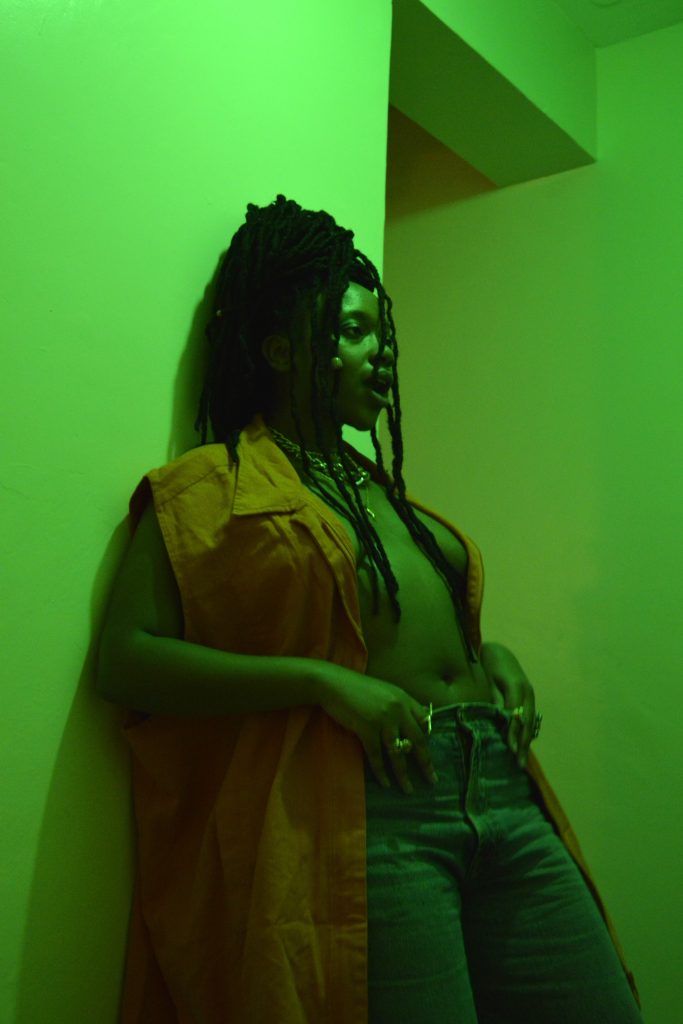
Photography by Phoebe Apondi
However, Erica’s protectiveness should not be confused with silence. Metamour’s impact in the Nairobi creative industry is well extended beyond the party, and they’ve only scratched the surface.
Metamour and Strictly Silk aren’t interested in mirroring the heternormative gaze, they’re imagining a liberated world beyond it. “We hope that Strictly Silk, via both our physical and online events and activities, creates a moment for event organisers as well as members of the feminist community to think critically and expand their imagination in relation to women and queer friendly spaces,” Akati elaborates.
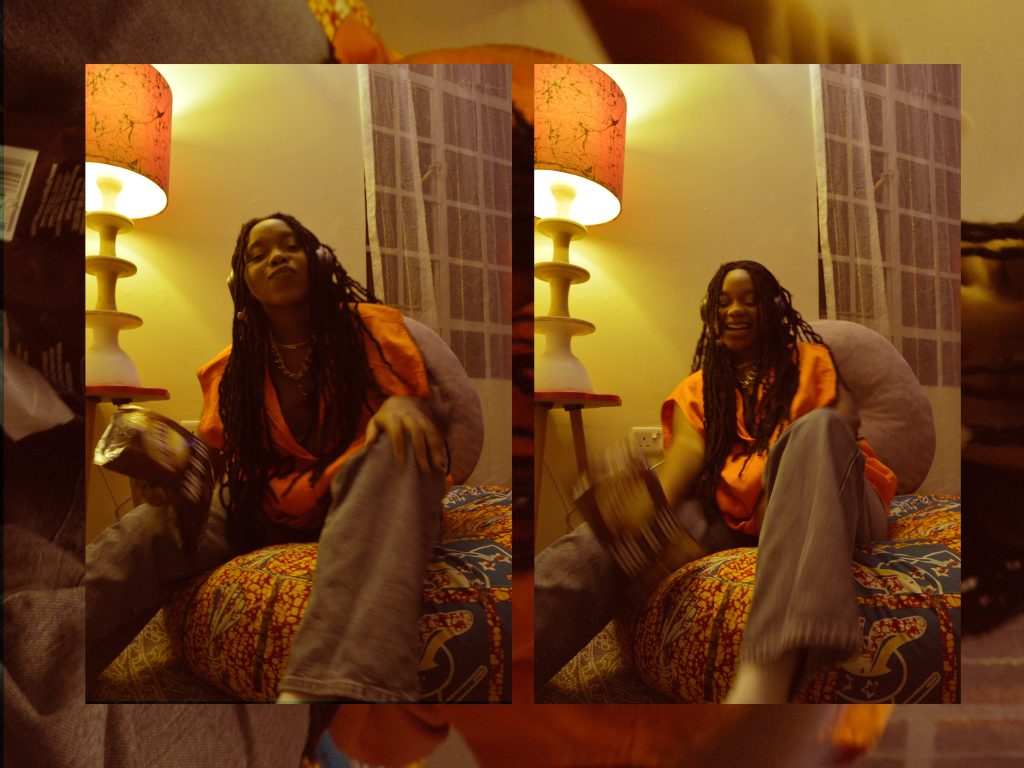
Photography by Phoebe Apondi
There is so much more to learn about how people can be cared for.
To Erica, they imagine a future of partying where accessibility overrides profitability. “I’m not here to profit from queer people, especially queer black people. We’re applying for funding and grants so our events can be more sustainable for this forthcoming year”, they explain. “I know this will inspire more queer people to delve into curating queer events. I foresee a future where I want to go out randomly on a Tuesday night and know there are multiple places I can be safe and be cared for”.



















































